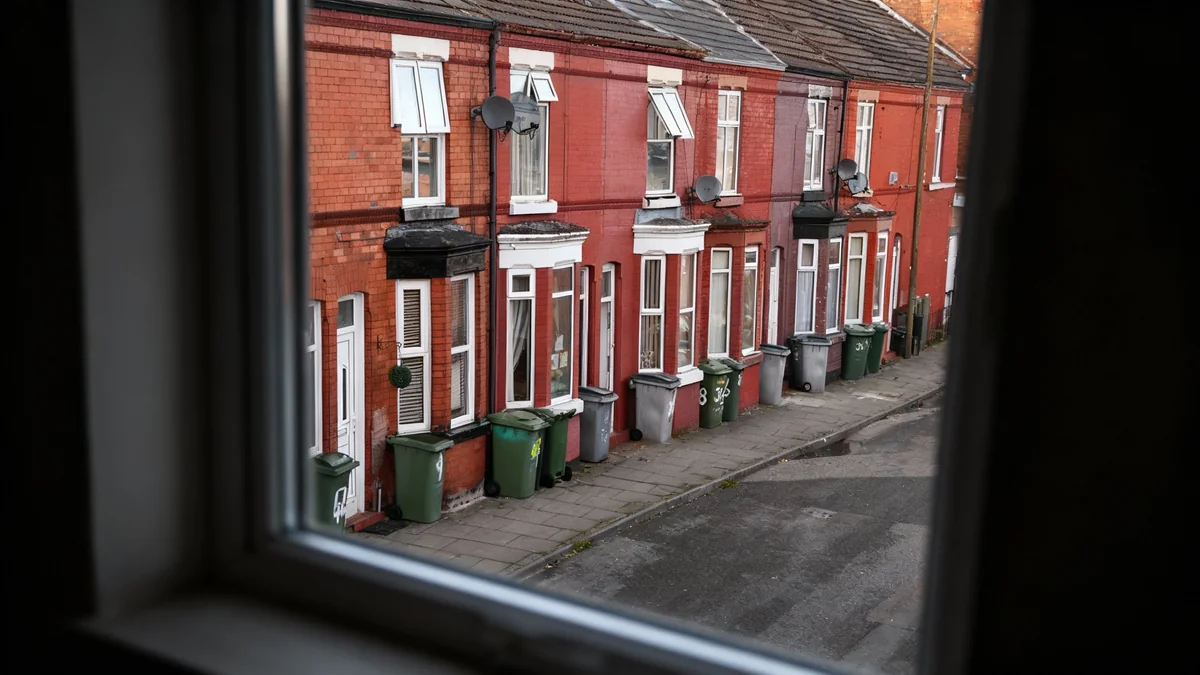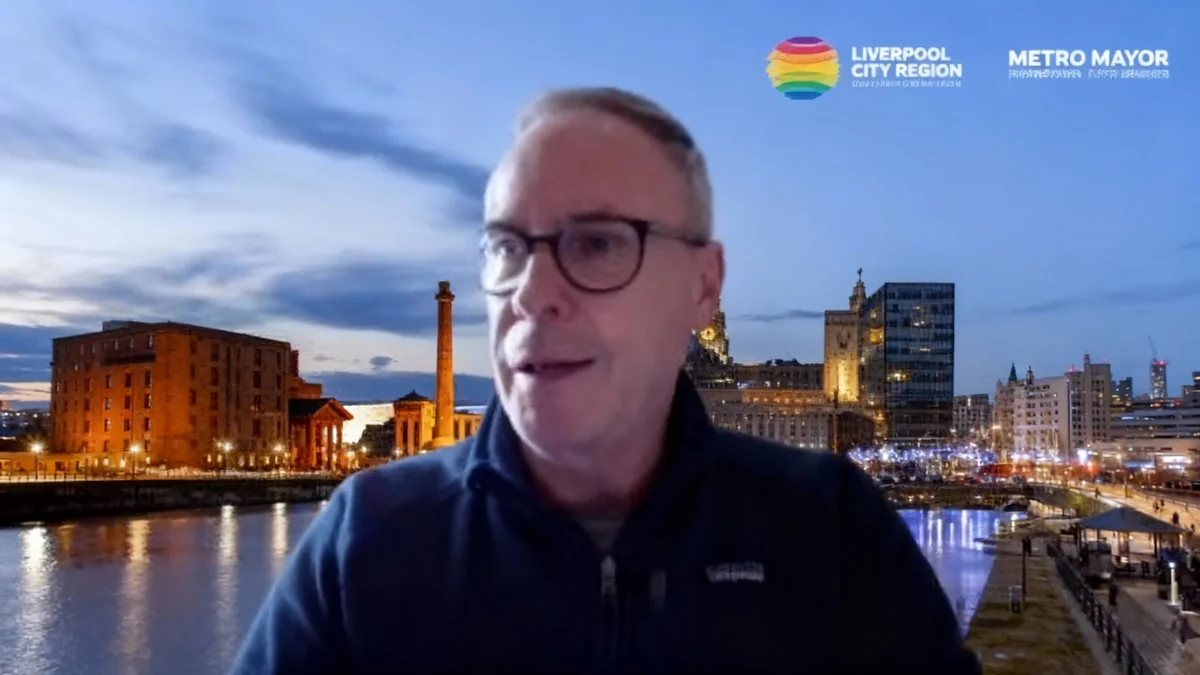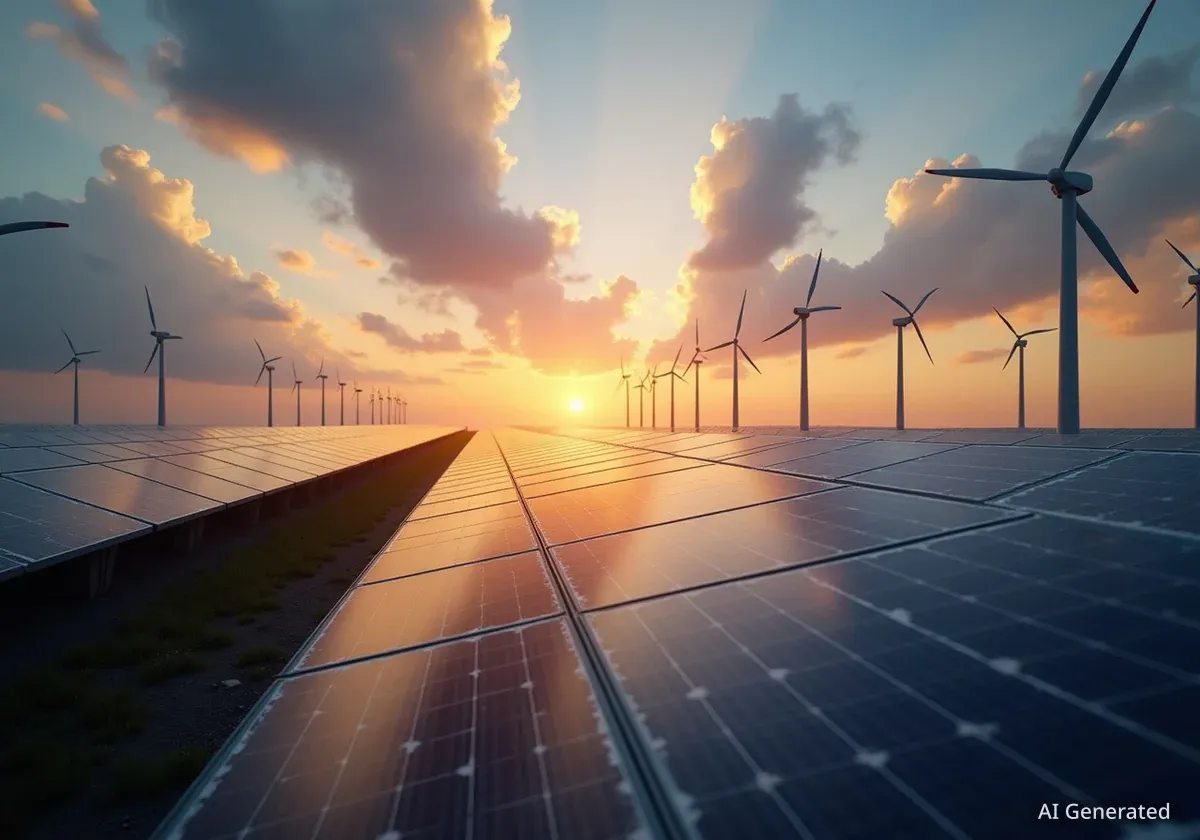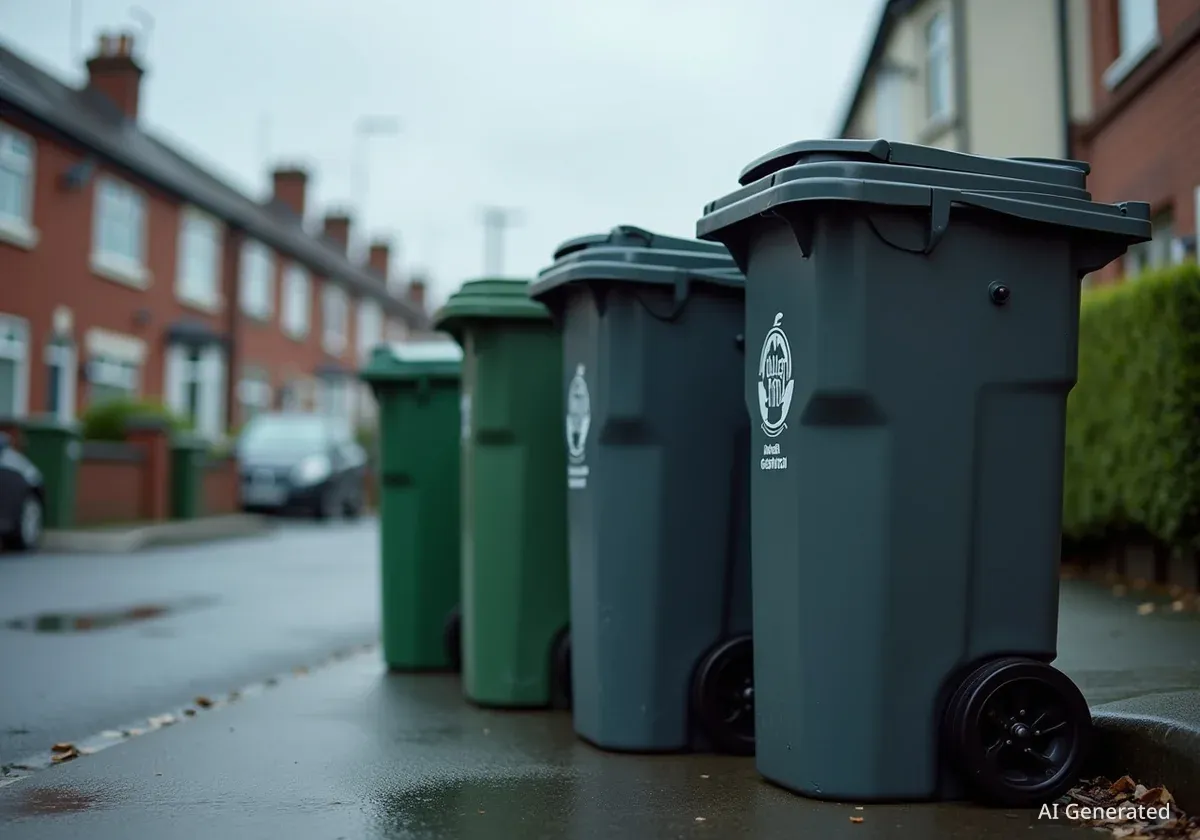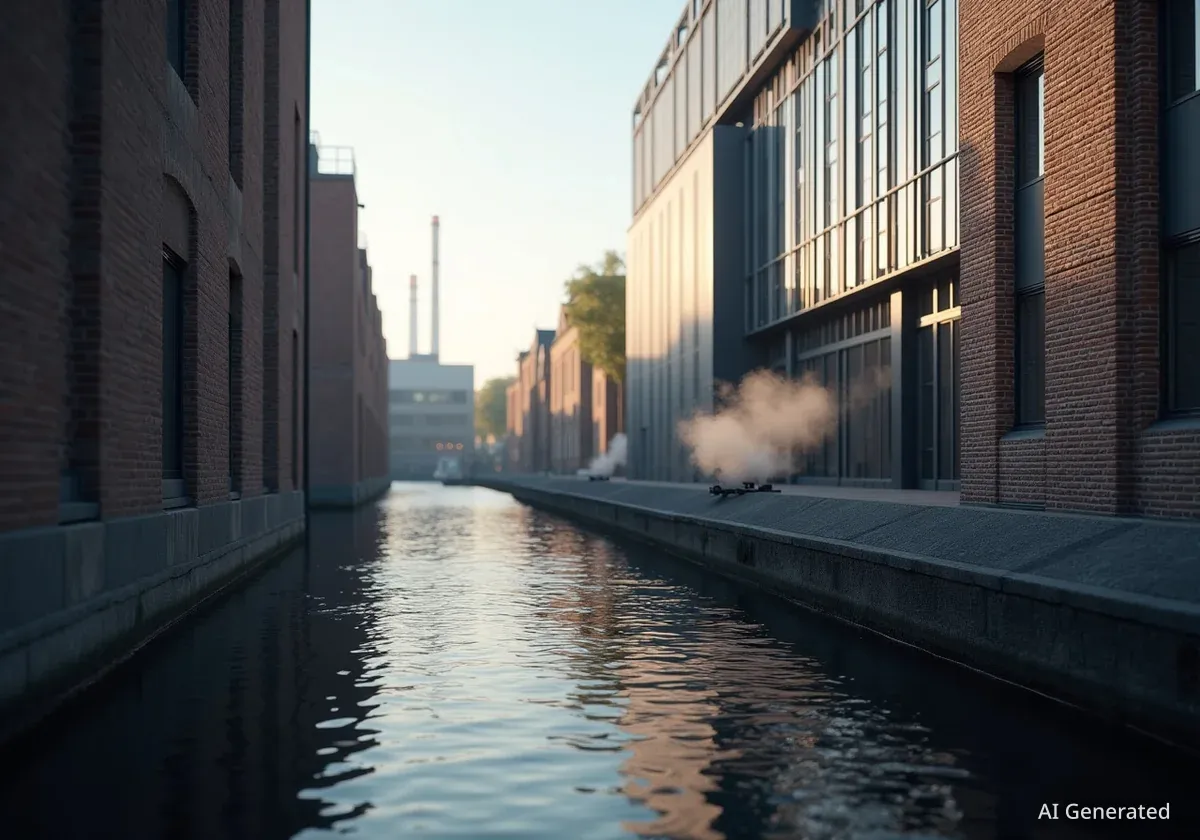Merseyside is on the brink of what officials are calling a "once-in-a-generation" change to household waste management. Starting in 2026, residents across the region will be able to recycle a much wider range of items in their household bins, alongside the introduction of a new weekly food waste collection service.
The new system, part of a national initiative named 'Simpler Recycling', aims to significantly boost the region's recycling rates and reduce the amount of waste sent for incineration. The changes are scheduled to take effect from April 1, 2026, following extensive preparation by the Merseyside Recycling and Waste Authority (MRWA) and local councils.
Key Takeaways
- New items including plastic pots, tubs, trays, and foil will be accepted in recycling bins from April 1, 2026.
- A mandatory weekly food waste collection service will be introduced across all Merseyside boroughs.
- The changes are part of a UK-wide 'Simpler Recycling' scheme designed to standardize collections and increase recycling rates.
- Flexible plastics, such as carrier bags and film, will be added to collections starting in 2027.
A New Era for Household Recycling
For years, residents have been limited to recycling a core group of materials: paper, card, glass bottles, jars, food tins, drink cans, and plastic bottles. However, this is set to change dramatically. The upcoming expansion will allow households to finally recycle many everyday items that currently end up in general waste.
The Merseyside Recycling and Waste Authority is coordinating with local councils to upgrade facilities and ensure a smooth transition. The goal is to meet a government deadline of March 31, 2026, for implementing the new, simplified system.
What Can You Recycle from 2026?
From April next year, the list of accepted materials in your recycling bin will grow significantly. This move is designed to capture more recyclable waste at the source and divert it from less environmentally friendly disposal methods.
- Plastics: Pots (like yoghurt pots), tubs (like margarine tubs), and trays (like fruit punnets) will be accepted.
- Metals: Aerosol cans, metal lids from jars and bottles, aluminium foil, and foil food trays can be included.
- Cartons: Liquid food and drink cartons, including Tetra Pak-style containers, will also be recyclable.
A further expansion is planned for 2027, which will see the inclusion of flexible plastics, such as plastic film and carrier bags, in household collections.
Did You Know?
Some areas in Merseyside, like Wirral, need to double their current recycling rates by 2035 to meet national targets. These changes are a critical step toward achieving that goal.
Weekly Food Waste Collections Arrive
Alongside the expanded recycling, a major component of the new strategy is the introduction of a universal weekly food waste collection service. While some councils like St Helens have already implemented this, and Liverpool is trialling it with 15,000 homes, the service will become standard for every household in the region.
The system is designed for convenience and hygiene. Each household will receive two dedicated food waste containers, known as caddies.
- A small caddy for use inside the kitchen.
- A larger, lockable caddy to be kept outside and put out for weekly collection.
Waste management company Veolia has been contracted to manage the transfer and treatment of the collected food waste until 2029. The organic material will be processed at four dedicated sites in Bidston, Huyton, Southport, and Gillmoss.
Why This Change is Happening Now
The 'Simpler Recycling' legislation was announced by the UK government in October 2023. It aims to end the confusion caused by different recycling rules in different council areas, making it easier for people to recycle correctly and increasing the quantity and quality of recycled materials nationwide.
Addressing Merseyside's "Throwaway Culture"
The changes are seen as a crucial response to growing environmental pressures. During a recent Wirral Council environment committee meeting, MRWA Chief Executive Lesley Worswick described the current situation as a pivotal moment for waste management.
"There is a huge amount of change impacting the world of waste at the moment... I mean it’s a once-in-a-generation change to waste. Society’s throwaway culture has led us to the point where we’ve got significant amounts of waste we’re having to deal with."
Ms. Worswick emphasised the authority's focus on improving Merseyside's historically poor recycling performance, stating they are in "a really good place" to have the new systems operational by the 2026 deadline.
Future Waste Initiatives on the Horizon
The transformation of waste management in the region is not expected to stop in 2026. The MRWA is also preparing for other potential government-led schemes designed to further promote a circular economy.
Deposit Return Scheme
A deposit return scheme (DRS) for beverage containers could be introduced as early as October 2027. Similar schemes, which are common in many European countries, involve consumers paying a small deposit on a bottle or can, which is refunded when the empty container is returned to a collection point. These schemes have proven highly effective, with some achieving return rates as high as 98%, significantly reducing litter and boosting recycling.
Waste Incineration Charges
Furthermore, from 2028, the government may introduce charges on the carbon emissions produced from incinerating waste. This would place a financial incentive on local authorities to divert as much waste as possible towards recycling and composting, making the success of the new collection schemes even more critical for the region's finances.
